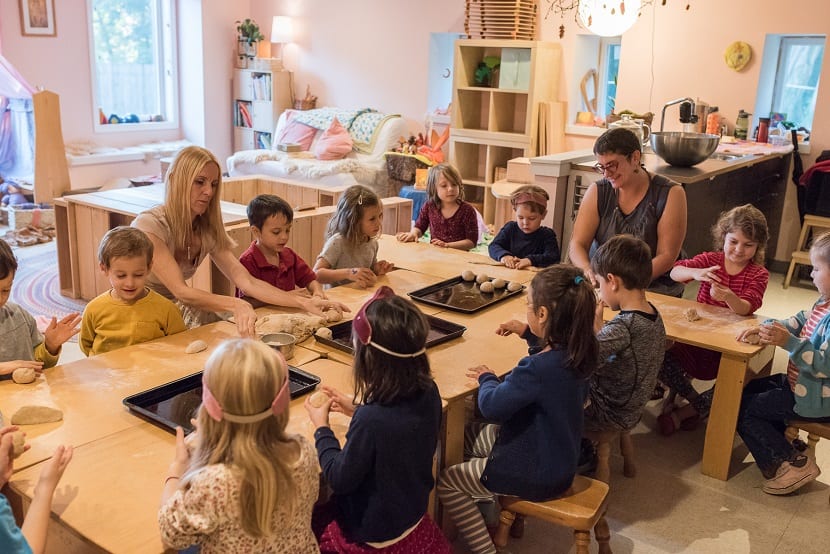
Today's society demands that children receive a comprehensive education, that allows them to function easily in today's world. Learning should not be based on a simple acquisition of technical knowledge or memorization of data that prepares them for the world of work. Rather, it must understand aspects such as social relations, equality, artistic or physical education among others.
The term comprehensive education was created in 1993 by the United Nations at the World Conference for Human Rights. According to the official document, what is requested is that “education be directed towards the full flowering of the person and the rights and freedoms of people are strengthened, so that autonomous and respectful people with the freedoms of the the rest"
In short, for some years a broader education has been promoted, in which there is not only academic training. If not, that a broader form of education is encouraged than includes cognitive, emotional or social development. In this way, the student is prepared to know how to function in all areas of life.
The principles of integral education
Comprehensive education can and must be applied in the different spaces in which the training is applied, that is, both at school, as in family education or in the different centers where any type of learning is taught.

Many centers are today promoting and working with different methods that apply integral education, even in early childhood education centers. The principles of this type of education are based on:
- Listen to the student: It is essential to listen to children, in this way, you can learn more about the child's personality. Thus, you will be able to receive the information in a way more appropriate to your way of understanding these concepts. Also, even the youngest children are able to offer great lessons.
- Experimentation: There is no more effective method for learning than one that includes real practices. That is, the child must be able to manipulate, visualize and ultimately, experiment with everything that can enhance your creativity.
- Promote independence: Autonomy will help them in their personal and professional development, as well as in most aspects of daily life.
How to apply this type of training at home
The key is in balance, that is, it is about offer the child all the necessary tools so that they can discover and acquire the skills necessary to function successfully in different areas of society. Comprehensive education consists of showing the different areas of learning, without forcing, or indoctrinating in one way or another, so that the capacities are varied and appropriate for today's society.
The home is the main source of learning, therefore, you must offer your child different opportunities to discover and be interested in various aspects. For example, if she shows an interest in cooking when you're making dinner, allow her to help you within her means. Explain what you are doing and what the next steps will be to reach the desired goal.

Stimulate their creativity by offering them different materials and allowing you to experiment. You do not need to buy expensive materials, flour, vegetables, paints and paper are enough to develop all the imagination.
Promotes autonomy and the independence, two key aspects in personal development. Always by your side but allowing the child to test their skills and imagination. Allow the child to get frustrated with complicated challenges, in this way you will be preparing you for your future as an adult where you will have to recover from similar situations on many occasions.
Philosophizing with children is a great way to get them thinking. and look for different answers to a single question. In the link you will find some tips for philosophizing with childreneven the benefits that this type of activity contributes to the personal growth of the child.